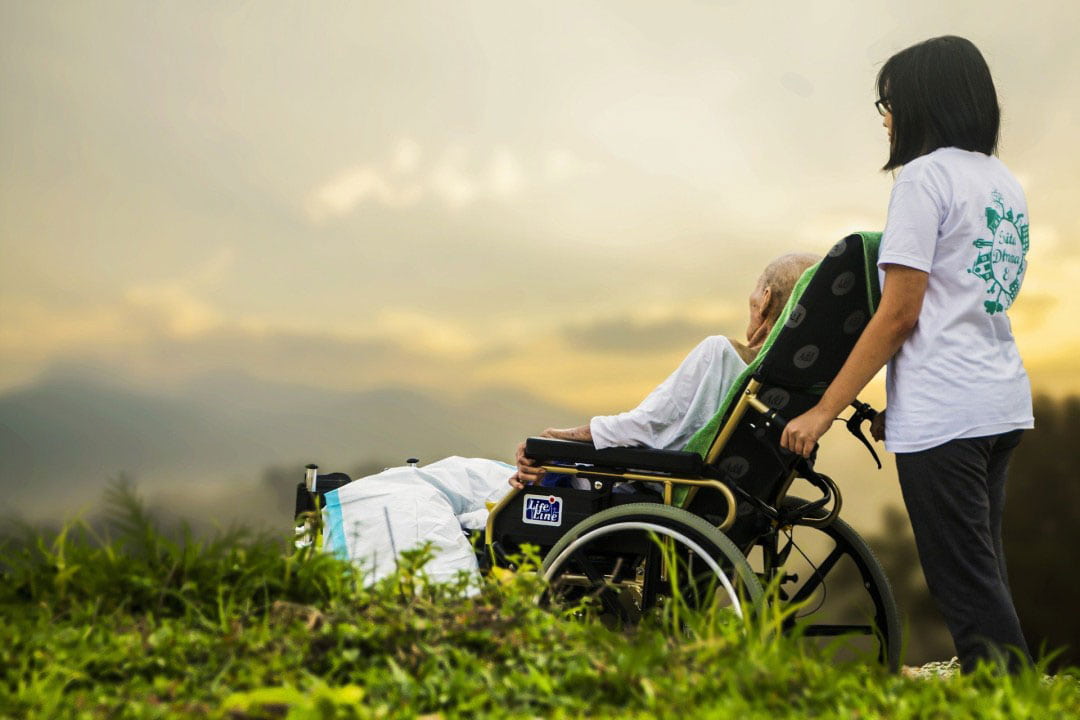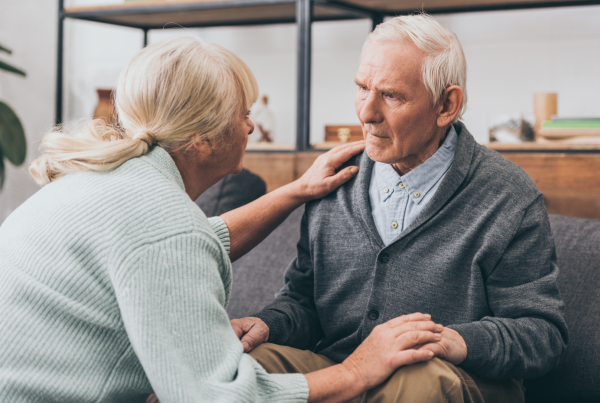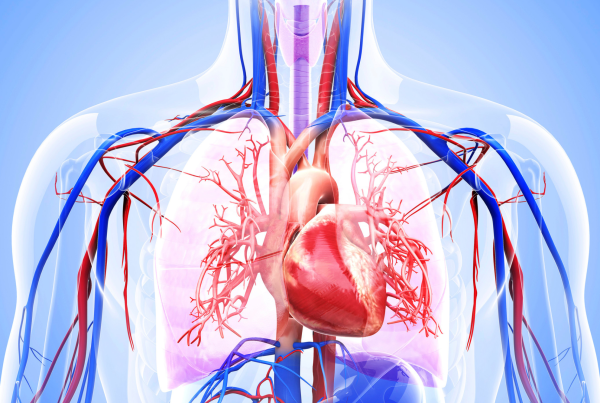With so many large, uncontrollable bushfires around the country at the moment, it’s no wonder that many of us have made extra efforts to check in on loved ones. Whether it be smoke, fire, or heat—even in drought-affected areas—many of us continue to make sure that people are safe and sound.
However, these good efforts still led me to a frightening thought… What happens to those who might not be fine from the outset?
With entire communities wiped out by fire, what happens with some of our most vulnerable citizens, such as the elderly in aged care facilities? What happens when fire sweeps through an area that has a high aged population or an aged care centre?
The healthcare industry itself is already in crisis—the Royal Commission has uncovered a multitude of services and service providers which are in dire need of change. Understaffing, underfunding and misguided regulation have led to an industry that is, in part, exploiting those who need care. And, on top of that, imagine this national crisis we have now, with flames literally licking the doors of some places!
I wonder how prepared some of these facilities and organisations might be, given that in many cases they have been proven to be unprepared for a regular day, let alone a day of crisis.
This has me thinking about what change might be necessary in a time of significant climate-induced disruption. In the healthcare industry, especially in places like regional and rural Australia, what can we do to be more prepared for when disaster strikes?
These discussions don’t have to be any different than how we would approach any patient experience-related issue. If we take a step back and look at the larger picture, preparing for disaster can be treated in a similar manner to any other patient experience uplift.
Simply put, if we don’t prepare for disaster to ensure our patients have a better experience, we won’t have patients to experience our services. These changes, plans, and preparedness are often key to the survival and operation of our organisations, let alone our patients who experience them.
What has your organisation done to be prepared for disaster? Is it patient-centric or purely about business survival? Should those two views actually be separate?




